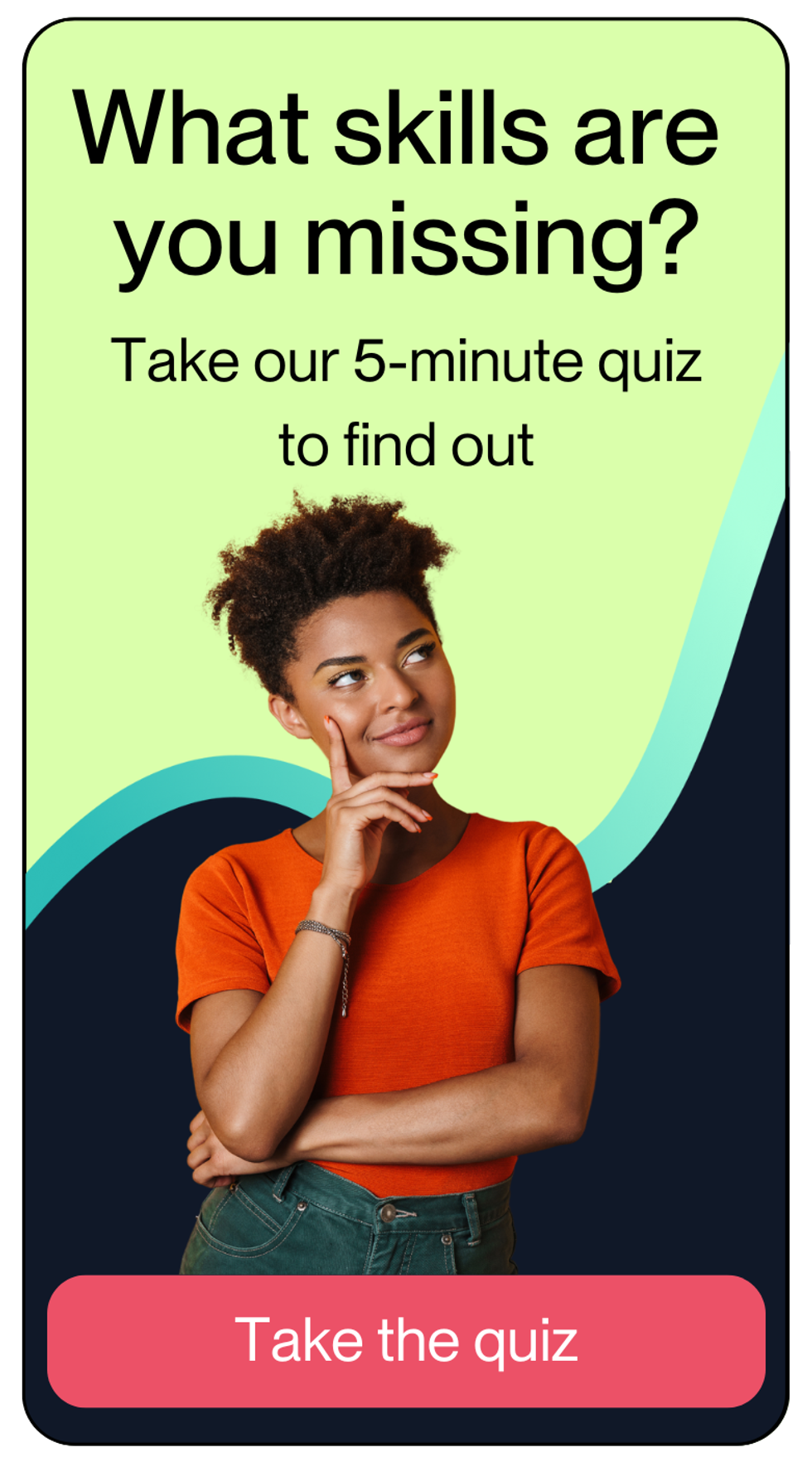Below is an article originally published on Google's LinkedIn page. Visit the Google company page on PowerToFly to see their open positions and learn more.
What does inclusivity at work mean for Googlers with disabilities? For Emi, a program manager on the Medical / Disability Accommodations team in APAC, it starts with a fair and equitable recruitment process. "Disability is diverse and intersectional," she acknowledges. "At Google, we are committed to providing reasonable accommodations to ensure all candidates and employees can thrive and reach their full potential. We partner with a third-party agency so candidates can confidentially discuss their accommodation needs. Our aim is global consistency and legal compliance in supporting individuals with disabilities, medical conditions, or neurodivergence to fully participate in meaningful work and career development at Google."
Accessibility may look a bit different for everyone, as people have unique needs, experiences and goals. We spoke with Googlers with disabilities about what “accessibility at work” means to them and how Google can continue evolving as an inclusive workplace.
Wouter, Senior Engineering Analyst, Trust and Safety, Tokyo, Japan
“I’ll never forget the Google recruiter’s proactive response when I said I’m deaf: ‘Give me time; I’ll find someone in the office who knows sign language.’ It was the first time a company went the extra mile to support my needs. Today, Google Japan hires sign language interpreters for all deaf candidates, and I work with my own interpreter for events and video calls. My teammates have shown an interest in the diversity of deaf cultures, so the company supported office-wide Japanese Sign Language classes through its sign language learning program. When other deaf Googlers visit the Tokyo office, they comment how included they feel in the space. I’m proud to be part of that change.”
Parinita, Partner Operations Manager, gTech Ads, Hyderabad, India
“Over 17 years at Google, I’ve worked with countless people who remind me how much I bring to the table. If I tell my manager I’m struggling, they listen to my feedback and invite me to be part of the solution, which I love. As part of the Disability Alliance program in India, I’m also passionate about workspace accessibility. I worked with the Accommodations team to install automatic doors, so people with upper arm amputations, like me, can enter buildings more seamlessly. Not all solutions are perfect, but when the world isn’t built for you, you prioritize improvements. Google has made progress, and I see more opportunities to improve the accessibility of our workspaces in the future by working together.”
Johnny, Software Engineer, Hardware Validation, Taipei, Taiwan
“Applying to Google was a life-changing decision. Before learning about the accommodations process, I worried about communicating verbally during the interview — but the recruiters and the interviewers were patient and encouraged me to take breaks to express my thoughts at my own pace. The experience was so different from other companies that rejected my application due to my inefficient communication ways. I’ve developed much confidence since joining Google. I’m encouraged to express myself, and Google provides accommodations to support my daily life in the office so I can work independently — reminding me I’m as capable as anyone else. I’m excited to work for a global company and make a positive difference for people all over the world.”
Inho, Engineer, Core Machine Learning Model Optimization, Seoul, Korea
“I wasn’t accepted after my first interview with Google, but the positive experience inspired me to apply again. While other companies made me feel uncomfortable asking for accommodations, the recruiter at Google asked how they could support me, from screen readers to extended time. Since then, I’ve never had a teammate treat me differently. Google isn’t perfect, but the company shows up. When I first joined, I worked with the local Real Estate and Workplace Services (REWS) team to improve accessible design in the Korea office and add Braille signage for blind people throughout. Googlers at every level are willing to make the workplace more equitable and improve diversity across our offices and products.”
Wencong, Software Engineer, Google Wallet, Beijing, China
“Google has honored my needs since day one. When I discovered its interview platform wasn’t accessible, the recruiter made adjustments promptly to ensure I could fully demonstrate my skills and talents. After joining, I noticed the office building lacked tactile paving, a crucial feature for visually impaired individuals. I advocated for creating a more accessible environment with tactile paving and elevator floor announcements — and Google swiftly responded to these needs. The commitment to creating an inclusive workplace that supports Googlers and candidates with visual impairments is evident in every aspect of the company culture. Today, I have the necessary tools I need to thrive in my role — like using a screen reader to write emails. I'm proud to work for a company where accessibility is considered a core value in every product and decision.”
Learn more about how we are making Google a place where everyone can learn, grow and have an impact.






